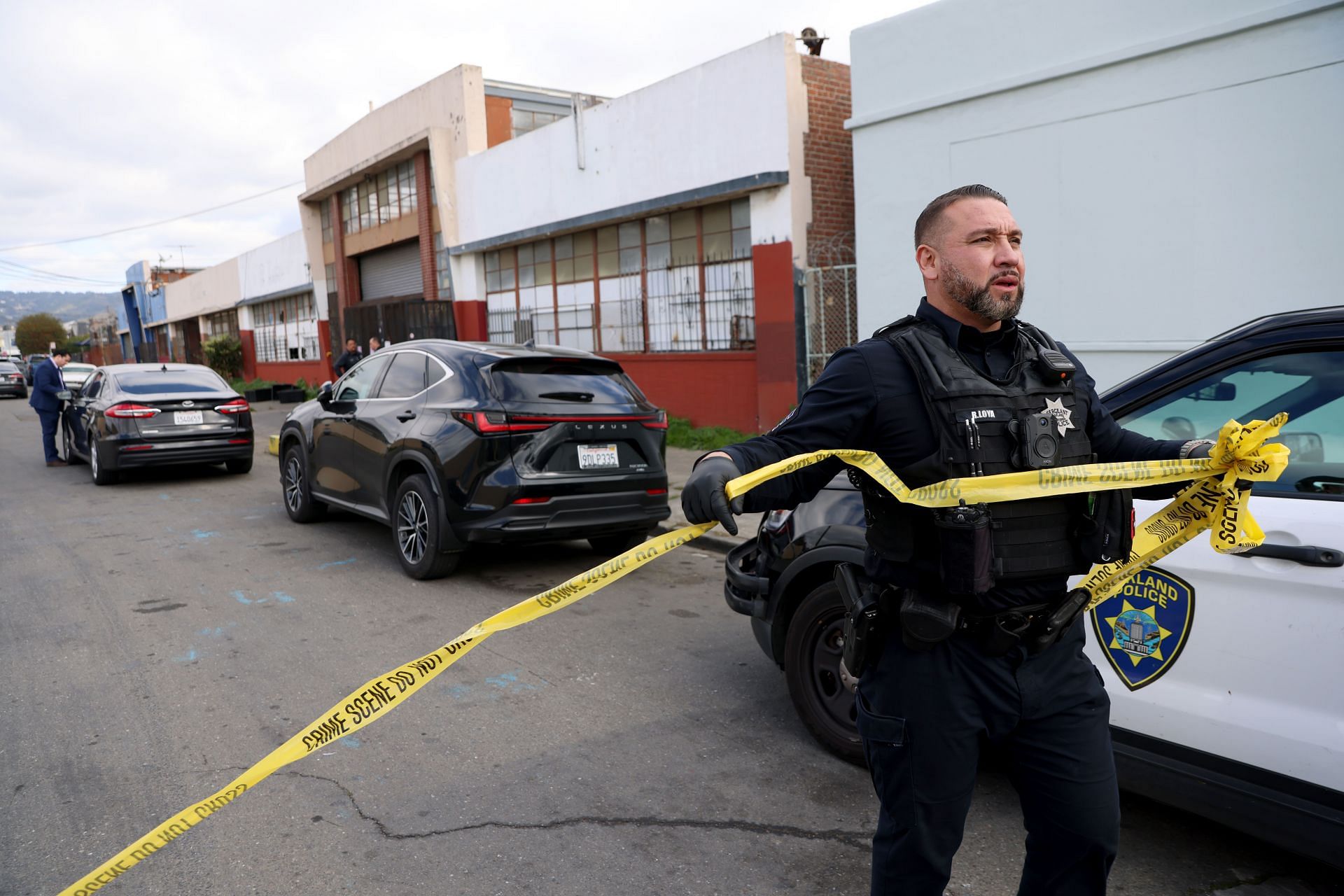What happened to Catina Salarno? Details explored ahead of 48 Hours on CBS

The story of The Boy Across the Street, set to be featured on 48 Hours on CBS on May 3, revisits the case of Catina Salarno. In September 1979, just as she was beginning her college journey at the University of the Pacific in Stockton, California, Catina’s life was abruptly cut short.
The 18-year-old had broken up with her former high school boyfriend, Steven Burns, who then requested a final meeting. As reported by CBS News on May 2, 2025, the meeting turned deadly when Burns shot her in the back of the head after she refused to reconcile.
Burns was convicted of second-degree murder in 1980. Over the decades, Catina’s relatives, including her sister Nina Salarno, have fought tirelessly to keep Burns behind bars, often appearing at his parole hearings.
Their fight for justice and the lasting impact of the tragedy will be revisited in 48 Hours on CBS, with The Boy Across the Street airing on Saturday, May 3, 2025, at 10 PM ET/PT.
Steven Burns lured Catina Salarno to a secluded spot and fatally shot her after she refused to reconcile
What began as a teenage romance between Catina Salarno and Steven Burns ended in tragedy on her very first day of college. In September 1979, the 18-year-old had just arrived at the University of the Pacific in Stockton, California, eager to start a new chapter.
Catina Salarno had recently ended her relationship with Burns, who had once been a part of her close-knit family. Despite their breakup, Burns unexpectedly showed up on campus and asked to meet her one last time, as reported by CBS News on May 2, 2025.
That evening, Catina Salarno agreed to speak with him, unaware of the danger ahead. Burns led her to a dark, quiet area of the campus. When she refused his attempt to reconcile, he pulled a gun—stolen from her family’s business—and shot her in the back of the head. Catina Salarno was left alone and bleeding. She was found hours later and pronounced dead just past midnight.
As reported by CBS on May 2, 2025, Catina Salarno's sister, Nina Salarno, recalled how the event changed her life forever. She stated:
“My whole world got taken from me in, really, the flash of the gun, I mean, everything was gone. My life was never the same again.”
A history of threats ignored
Catina Salarno and Steven Burns grew up across the street from each other in San Francisco. Burns, once considered like family, dated Catina throughout high school. However, things began to shift toward the end of their senior year. As she prepared for college and started distancing herself, Burns became increasingly possessive and threatening.
According to CBS News, her sisters remembered instances where Burns threatened Catina’s life, though at the time, they did not believe he would act on those words.
Nina Salarno later reflected on these signs, stating:
“I think this is what's really hard for domestic violence victims — they really don't think the person's gonna kill them … in a lot of the situations they think … they know this person … And I think that's exactly what happened with Catina is she just figured his comment was just his comment.”
She also added:
"Even though he had made threats, she could handle it, 'he's never gonna cross that line' type thing."
Catina still agreed to meet him, likely wanting closure before starting fresh. Instead, the meeting turned fatal. Burns shot her and returned to his dorm room, leaving her to die. Evidence suggested she tried to seek help before passing away.
Decades-long fight for justice and parole battles
Following his conviction in 1980, Steven Burns was sentenced to 17 years to life for second-degree murder. Over the decades, Catina’s family, particularly her mother, Harriet Salarno, and sister, Nina, have fought to keep him behind bars.
They founded Crime Victims United, an organization advocating for victims' rights and pushing for tougher laws. As reported by the Associated Press on July 14, 2016, Harriet Salarno stated:
“It just was very apparent to our family that our system was so lopsided.”
Burns has repeatedly sought parole, but his petitions have been denied numerous times. Most recently, in January 2025, his 13th parole bid was rejected. According to a press release by the San Joaquin County District Attorney’s Office dated January 10, 2025, officials cited him as an "unreasonable safety concern" for the community.
The case, which still resonates deeply within the Salarno family, is now being revisited in 48 Hours on CBS as part of its latest episode, The Boy Across the Street, airing May 3 at 10:00 PM ET/PT.
Stay tuned for more updates.




